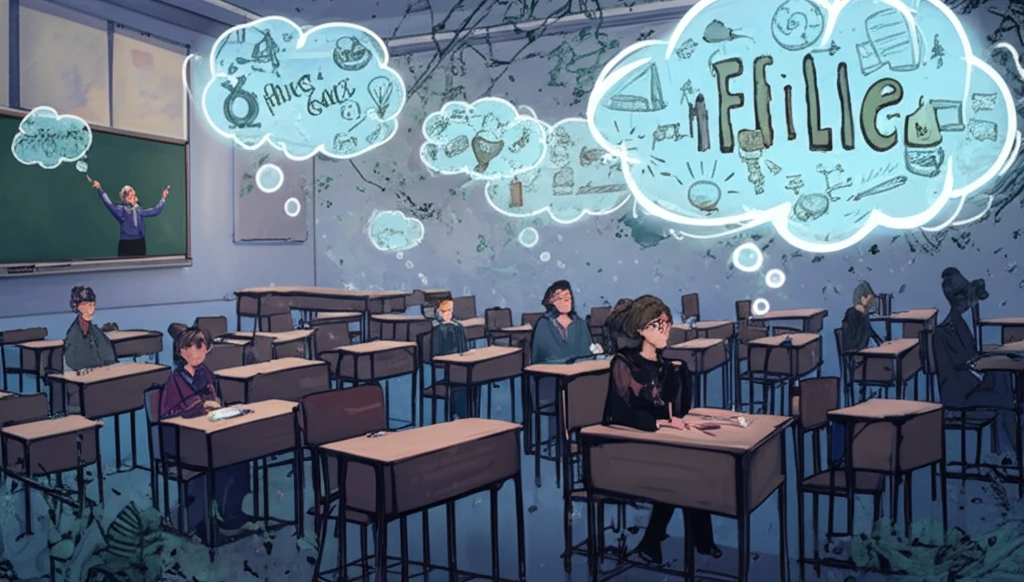
Decoding Education: How Curriculum Changes Impact What Our Kids Learn
"A look into curriculum reforms and their impact on sociology education in South and Southeast Brazil"
The integration of sociology into the Brazilian secondary education system became mandatory nationwide in 2008. However, several states had already introduced the discipline starting in the 1980s, following the end of the military dictatorship. This move was bolstered by the Law of Directives and Bases of National Education (LDB) in 1996, which advocated for its inclusion.
Prior to this, in 1998, the National Curriculum Parameters (PCNs) were published, suggesting that sociology and philosophy could be integrated into other subjects or addressed through cross-curricular themes. This document highlighted the need to explore the three core areas of social sciences: sociology, anthropology, and political science.
More recently, the National Curriculum Orientations for Secondary Education: Human Sciences and Technologies (OCNs, 2006) have guided teaching methodologies, suggesting ways for educators to approach sociology. While these guidelines propose integrating themes, theories, and concepts into the classroom, they stop short of specifying particular content to be taught.
The Tug-of-War: Competency-Based Education vs. Critical Thinking

After the nationwide mandate, various states began publishing curriculum guidelines for sociology education. This analysis focuses on official documents from the South and Southeast regions up to 2014, where, unlike other parts of the country, state education secretariats have developed curricular proposals to guide teachers. This focus acknowledges the strengthened academic reflection in these areas, while also recognizing the growing disconnect between universities and schools in creating and implementing these documents.
- Competency-Based Education: Focuses on skills and practical application.
- Critical Thinking: Emphasizes questioning and deeper analysis.
- Neoliberal Influence: Curriculum shaped by market demands.
- Academic Standards: Knowledge-focused without practical application.
Striking a Balance: What’s Next for Sociology in Brazilian Schools?
In conclusion, as of now, only two states in the South and Southeast regions—Paraná and Rio de Janeiro—maintain curriculum guidelines that are not aligned with the pedagogy of competencies. The state education secretariats of Rio Grande do Sul, Santa Catarina, Minas Gerais, and Espírito Santo are moving closer to this theoretical and pedagogical foundation. The curriculum proposal of São Paulo does not explicitly align with any educational theory, mentioning only the social sciences. This highlights the clear methodological dominance of neoliberal policies in the educational approaches presented in these official documents. Further debate and research are needed to ensure a balanced and relevant sociology education that prepares students for an ever-changing world.
